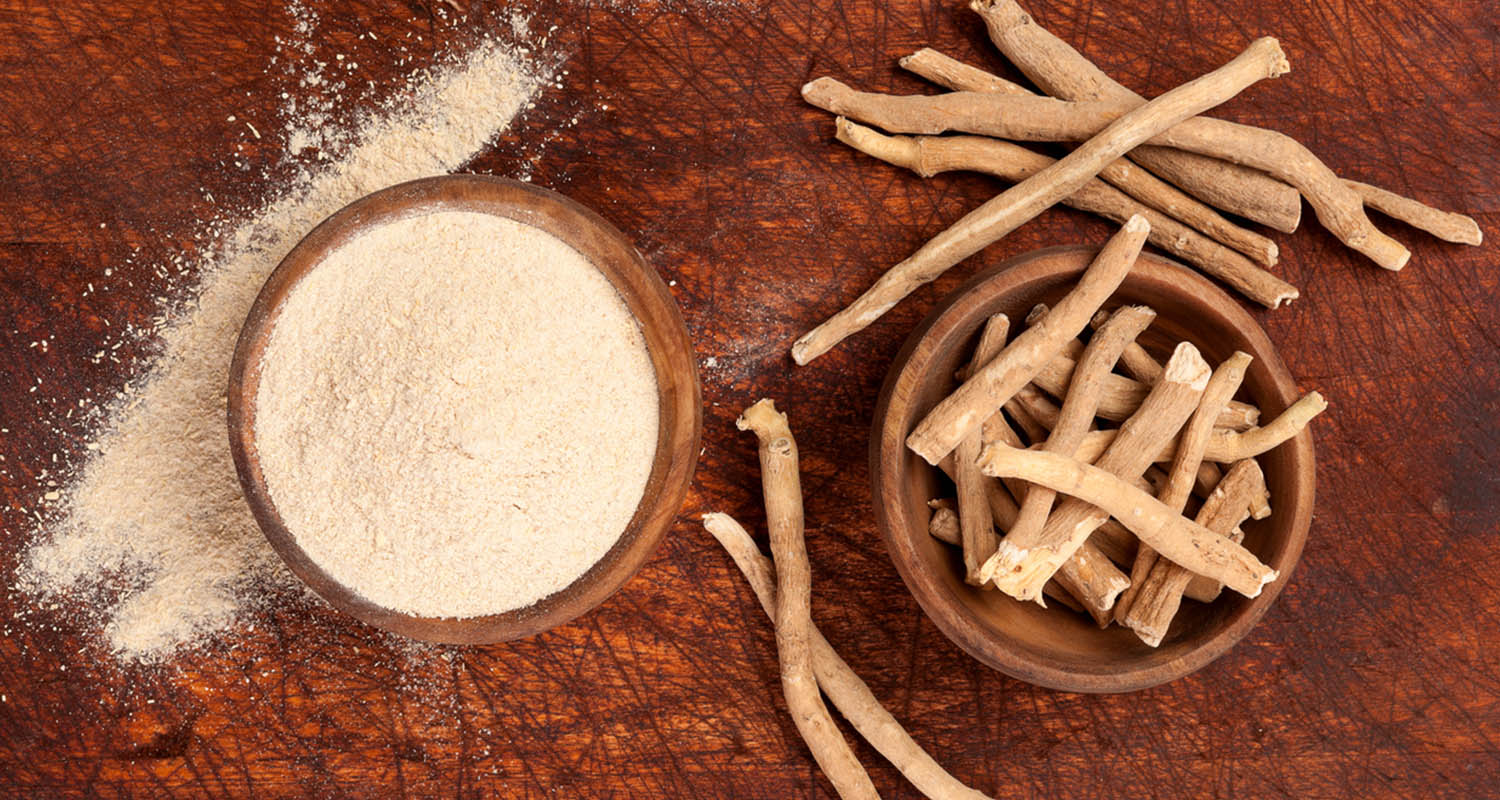
Adaptogens are a buzzword in the wellness world, popping up everywhere from juice bars to lifestyle blogs. But what are adaptogenic herbs, exactly? Here’s what you need to know.
What are adaptogens?
Adaptogens are non-toxic plants that are marketed as helping the body resist stressors of all kinds, whether physical, chemical or biological. These herbs and roots have been used for centuries in Chinese and Ayurvedic healing traditions, but they’re having a renaissance today. Some, like holy basil, can be eaten as part of a meal, and some are consumed as supplements or brewed into teas.
Each one claims to do something a little different, but on the whole, “adaptogens help your body handle stress,” says Dr. Brenda Powell, co-medical director of the Center for Integrative and Lifestyle Medicine at the Cleveland Clinic’s Wellness Institute. “They’re meant to bring us back to the middle.”
Do adaptogens actually work?
Proponents believe so, though more research is needed. Adaptogens may do for your adrenal glands what exercise does for your muscles, Powell says. “When we exercise, it’s a stress on our body. But as we continue to train and exercise, our body becomes better at dealing with the stress of it, so we no longer get as tired or as high a heart rate,” she says. When you take adaptogens, meanwhile, “you’re training your body to handle the effects of stress.”
Powell says the plants do this by interacting with the hypothalamic-pituitary-adrenal (HPA) axis and the sympathoadrenal system, both of which are involved in the body’s response to stress. Adaptogens may tweak hormone production and physiological responses to stress to ensure that your body—from your mind to your immune system to your energy levels—functions as it should, Powell says.
That said, there’s not much scientific research on how adaptogens affect human health. Most studies have been conducted either in animals or in human cell samples; even those that have been published tend to appear in small, niche journals. And while there’s plenty of research to suggest that what you eat affects your health, from reducing inflammation to helping you sleep better, it’s too soon to tell whether adaptogens can have such a direct and significant effect on the body.
What are the best adaptogenic herbs?
Each adaptogen has a slightly different function, so the best one for you depends on the specific ailment you’re experiencing, Powell says. Here are some common adaptogens and what they claim to be good for.
- Adaptogens for long-term stress: Powell recommends ashwagandha and Asian ginseng to soothe long-term sources of stress and the hormone imbalances that may result from it. Some research has suggested that holy basil, or tulsi, may help lower stress levels.
- Adaptogens for acute stress and anxiety: Some research suggests that Siberian ginseng (also known as eleutherococcus senticosus), rhodiola and schisandra may help mediate fight-or-flight stress responses. People use Siberian ginseng to boost the immune system, physical stamina and sexual health; rhodiola is believed to improve energy, physical performance and memory; and schisandra is thought to improve liver function and gastrointestinal problems. A big caveat: there’s very little human research to back up those claims. Much more research is needed.
- Adaptogens for immune health: Reishi and ginseng have been found in some small studies to boost immunity.
How do you add adaptogens to your diet?
If you’re looking for a straight dose of herbs, you can sip adaptogen teas or combine tinctures with water. To add adaptogens to the foods you’re already eating, you can buy pre-mixed powder to spice up everything from smoothies to soups to salad dressings.
What about adaptogen supplements?
Some adaptogens can be taken as capsules. Just be sure you know what you’re getting, Powell cautions. “A lot of supplement companies put small amounts of this and that in a pill,” she says. “I think they are just assuming or wishing for a synergistic effect.”
Supplements in general are also notoriously under-regulated and, in many cases, dubiously effective and potentially dangerous.
Do adaptogens have side effects?
You should talk to your doctor before adding adaptogens to your diet or routine. A 2018 study found that common herbal supplements can interact negatively with prescription medications, and many people don’t tell their doctors which over-the-counter drugs and supplements they’re taking.
Powell says there’s little evidence to suggest that adaptogens can cause side effects or health problems—though, like any plant, they can be allergenic or cause gastrointestinal distress for some people. She also says there’s little long-term research about adaptogens’ effects on the body over time.
While it’s probably safe for most people to take adaptogens, Powell says doing so maybe more of a bandage than a cure. “People are basically wanting to take these adaptogens all the time for their chronic stress that they’re not managing otherwise,” Powell says. While “it’s easier to take a pill than change your lifestyle,” Powell says getting at the root cause of stress is healthier in the long run.
This post was originally published here
